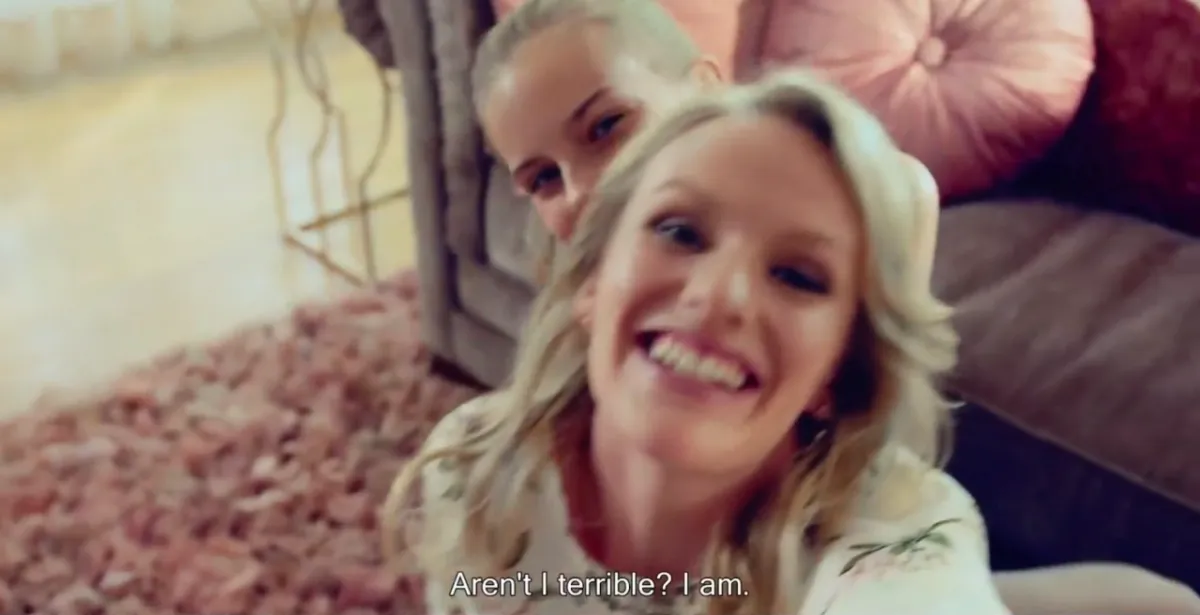I Am a Bird Now: Hatching (dir. Hanna Bergholm, 2022)
... and bad mothers.

My social-media posts about my kid get more engagement than any other type of content. I’m only now beginning to realize that this is a problem.
I have always been suspicious of the sheer amount of rage directed at “mommy bloggers.” They’re unserious writers! Unserious people! Exposing their children’s most embarrassing moments! Ruining their children’s lives! All of this sounds, to me, like a not-that-coded complaint that “mommy bloggers” are women who write about traditionally feminine subject matter. It’s a patriarchal Catch-22: We tell women that they aren’t allowed to care about anything more than they care about motherhood, and then, when they care about motherhood publicly, we shame them. Add in the fact that these women are sometimes getting rich off their content, and you have a recipe for outrage: It’s “selfish” to want a career more than you want a baby, “selfish” to make a career out of having a baby, “selfish” for any woman to have any career at all.
So I have no moral judgment on parenting content. It’s a known genre; it can be done well or badly, like anything else. Still, I’m not completely out of touch. I know the Internet is a dangerous place, and that even parents who think they have their child’s best interests at heart often wind up hurting them. I write about politics, which means that a lot of creeps pay attention to what I do, and some get it into their heads to hurt me; if I post too many pictures of my child, or snap a photo of her next to a local landmark, there is a chance that I am making it easier for someone to find and harm her. Even if the predators never find out where we are, there are things people do just with photos. That alone keeps me up at night.
Beyond the obvious physical dangers, there is the spiritual danger of coming to view my own child as an extension of my brand — an asset that I control, something that I can use to further my own interests. I tell stories about her because she’s adorable, but if I earn money off her being adorable, there is a chance the money will go to my head, and that I will need her to be that specific kind of adorable forever. I will need her to be “Jude’s kid,” a character in my public narrative, more than I need her to be herself.
Writing about children, like writing about anyone else, can be a way to see them more clearly. It can also be a way to avoid seeing them. Public parenting can reduce children from people to spotlights. They shine, and you look like a star in their directed glow.